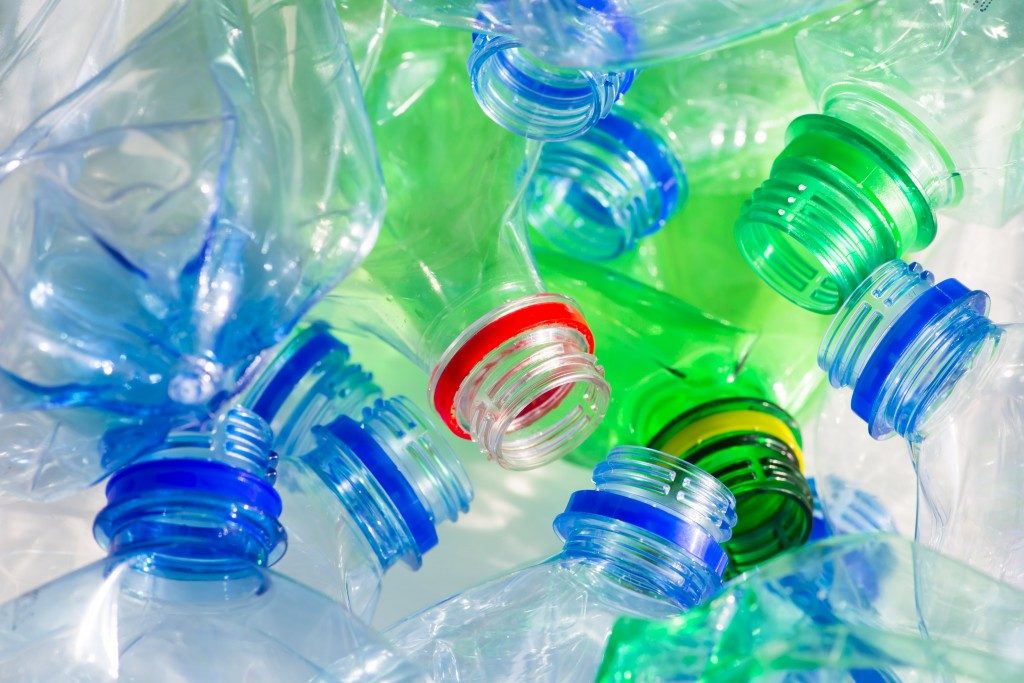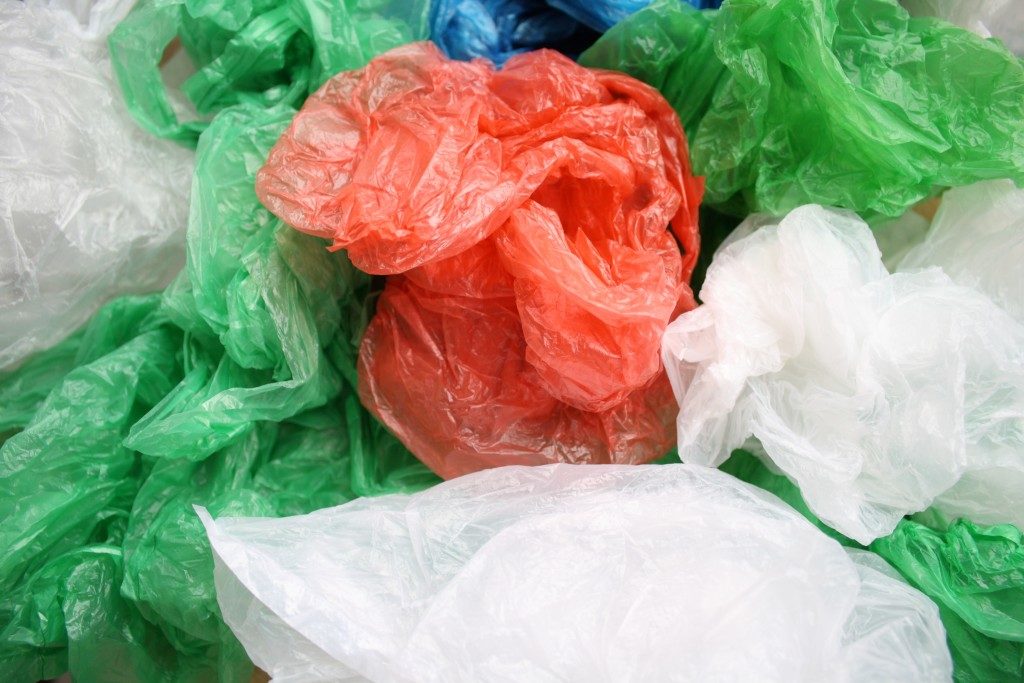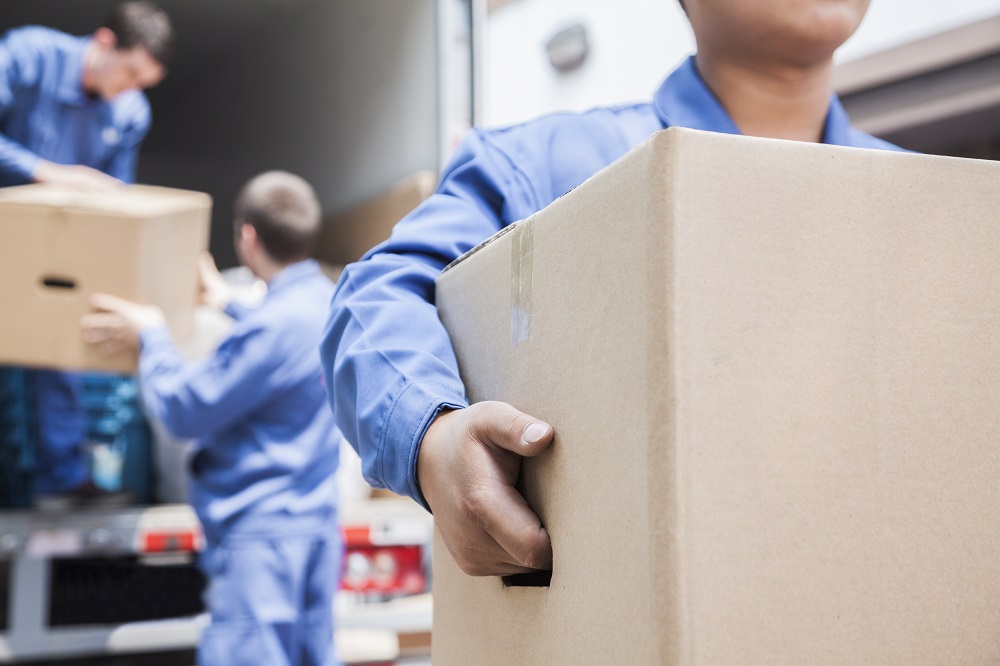
Estimates show that the amount of plastic in the environment could hit a record high of 10 billion metric tons by 2050. The demand for plastic has prompted an exponential increase in production, and landfills are getting overwhelmed. Since 1950, the amount of plastic produced globally is about 8.3 billion metric tons.
Since plastic is now essential in many areas of human life, a lot of research and development goes into the creation of better plastics. But the challenges and drawbacks to the environment remain. Compounds such as plasticizers, chloride and dioxins pose serious threats to human health. Some of the adverse outcomes of these compounds are testicular cancer, reproductive dysfunction and hormone-disruption. Developments in recycling technology have been impressive, but reliable waste removal services for plastic waste is still unrealised. Here are some of the more common methods of plastic waste management companies use to protect the environment.
Waste Removal Services through Recycling and Repurposing
Creative repurposing remains one of the most effective ways of minimising plastic waste. Material that would have ended in the landfill can be made into something else. Some people use plastic crafts to create other useful items, such as flip-flops and planters. While creating these items may not halt plastic production, it does reduce plastic waste in the environment and provide jobs to many people. Governments should initiate relevant regulatory support such as better waste sorting, deposits and disposal taxes to encourage people to repurpose plastic waste.
Chemical Decomposition
For many manufacturing firms dealing with waste removal services, chemical decomposition is another way of dealing with non-biodegradable plastics. Although the large-scale application of this technology remains elusive, there is evidence of rich potential in the method. There are two options here: combustion decomposition and microorganism decomposition. Of the two methods, combustion is the most simple and affordable.
Biodegradable Plastics (BDP)
 An alternative solution to the plastic waste disposal problem is to turn to biodegradable plastics (BDP). BDPs contain polyhydroxyalkanoate (PHA), which are natural, biodegradable polyesters produced by microorganisms. The difference of this plastic from the conventional version is that it decomposes naturally, forming safe and natural by-products. If people used this kind of plastic, it would naturally decompose in the environment in a shorter period.
An alternative solution to the plastic waste disposal problem is to turn to biodegradable plastics (BDP). BDPs contain polyhydroxyalkanoate (PHA), which are natural, biodegradable polyesters produced by microorganisms. The difference of this plastic from the conventional version is that it decomposes naturally, forming safe and natural by-products. If people used this kind of plastic, it would naturally decompose in the environment in a shorter period.
Currently, the manufacturing cost for this new plastic is high, but new developments for BDPs might make it the choice for controlling plastic disposal in the future. Many industries would benefit, such as the agricultural industry and the medical industry. BDPs can be of enormous value to many struggling economies, especially since many of them will not rely on large manufacturing companies for packaging goods.
Once in the environment, plastic becomes a problematic waste because it takes a long time to decay. These non-biodegradable materials mean more harm in the environment, but given its many uses in human society, humanity might need to look for alternative waste removal methods that minimise impact. An experienced eco-minded waste removal company can help you discard plastic waste more responsibly and explore other possibilities in waste removal.

